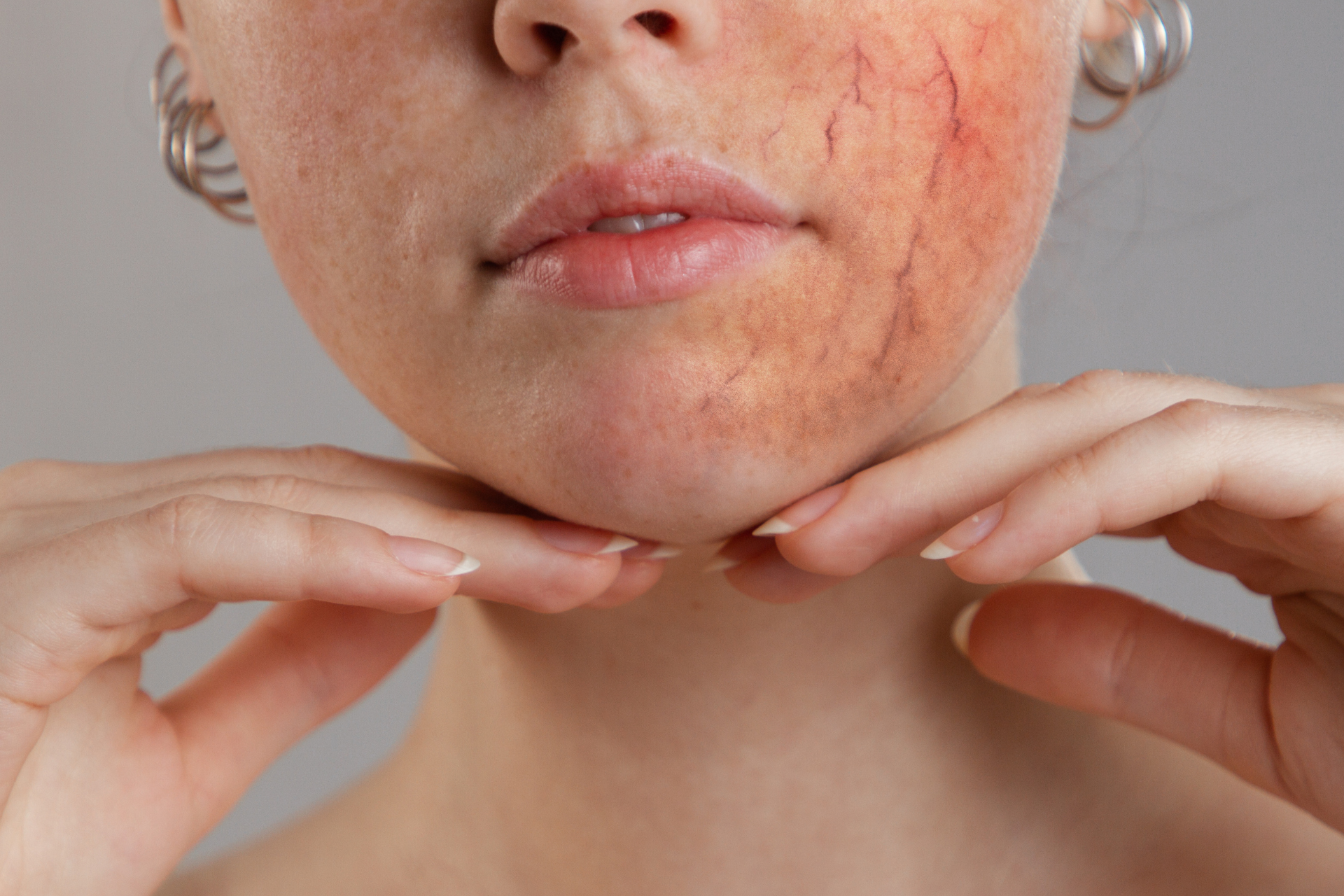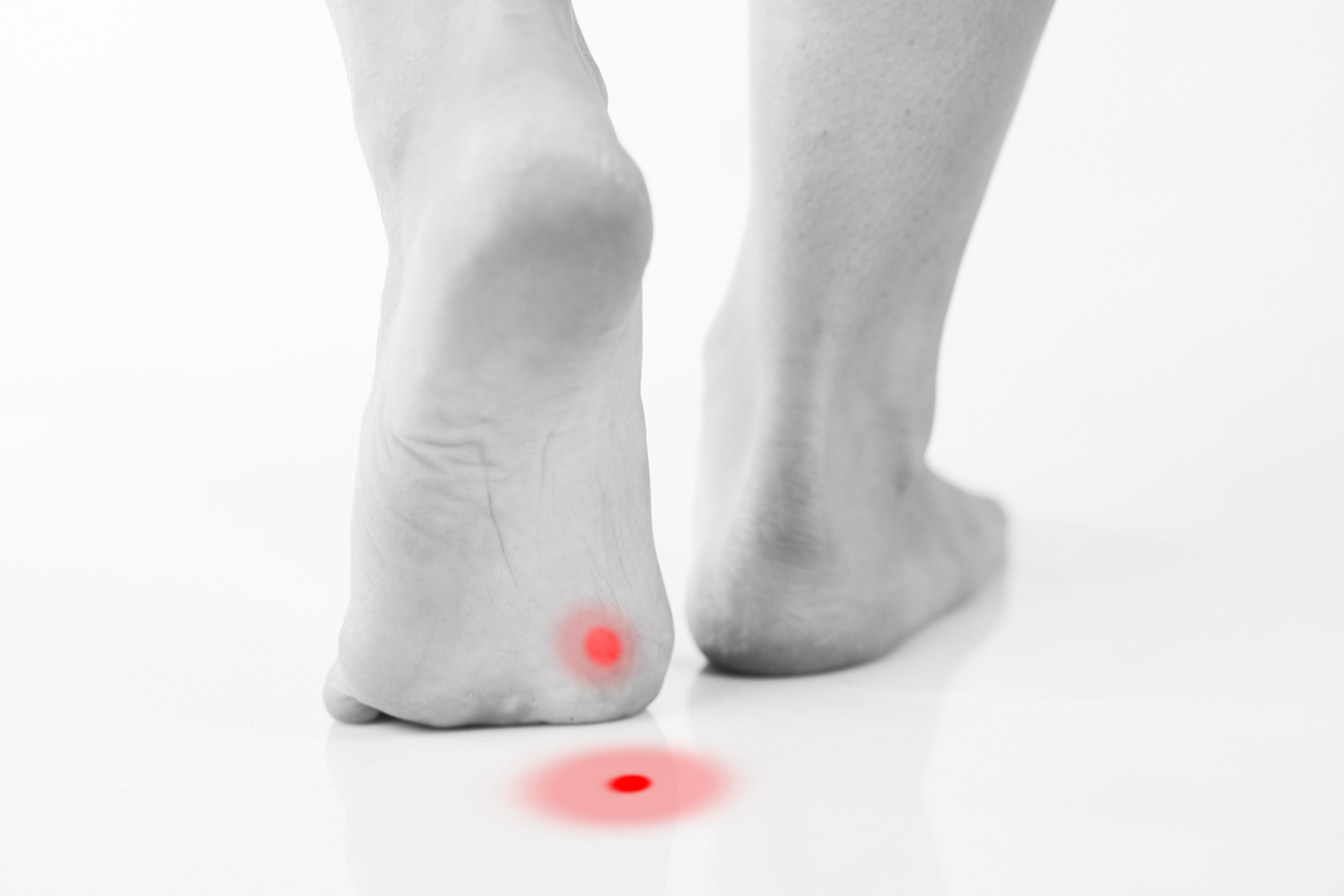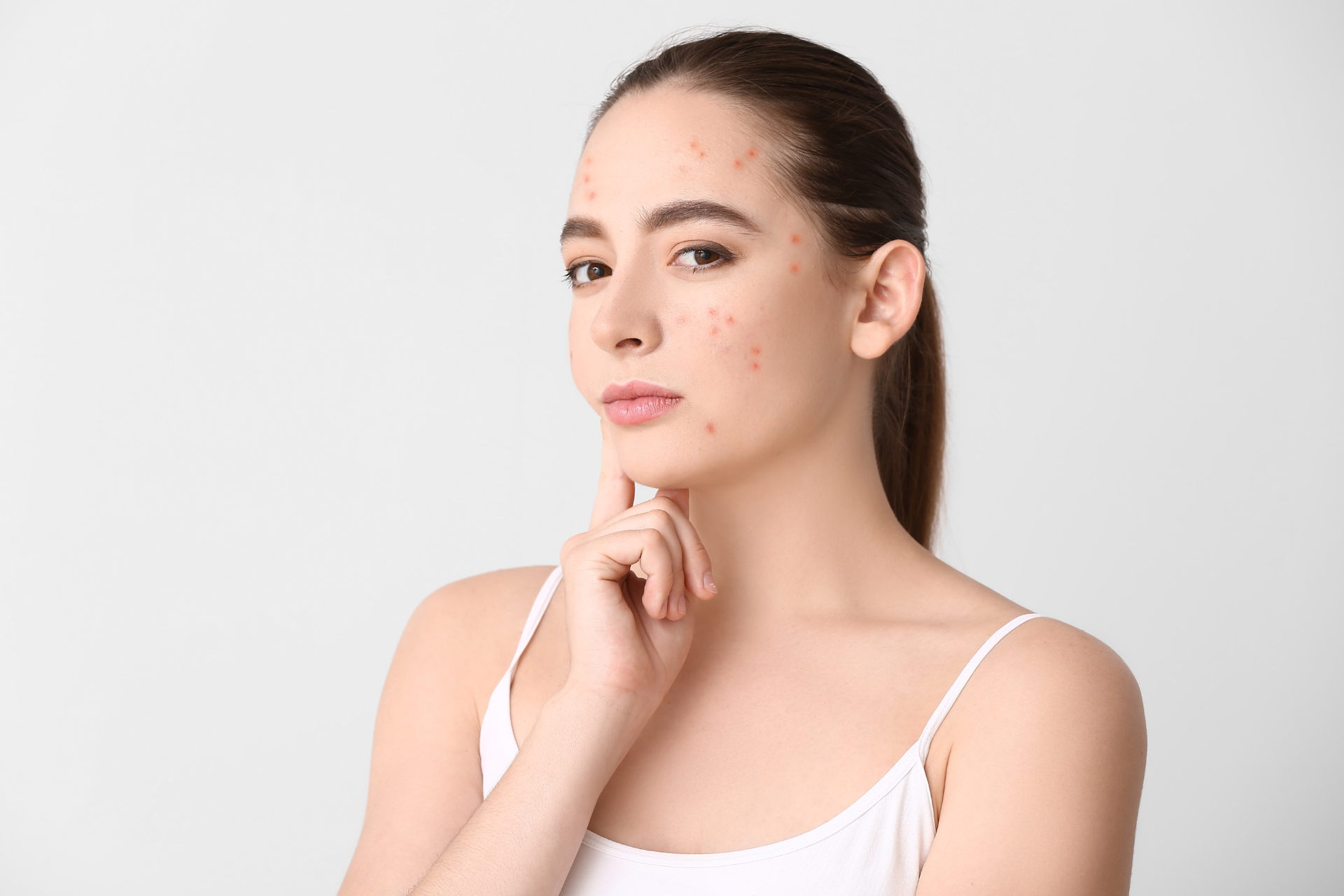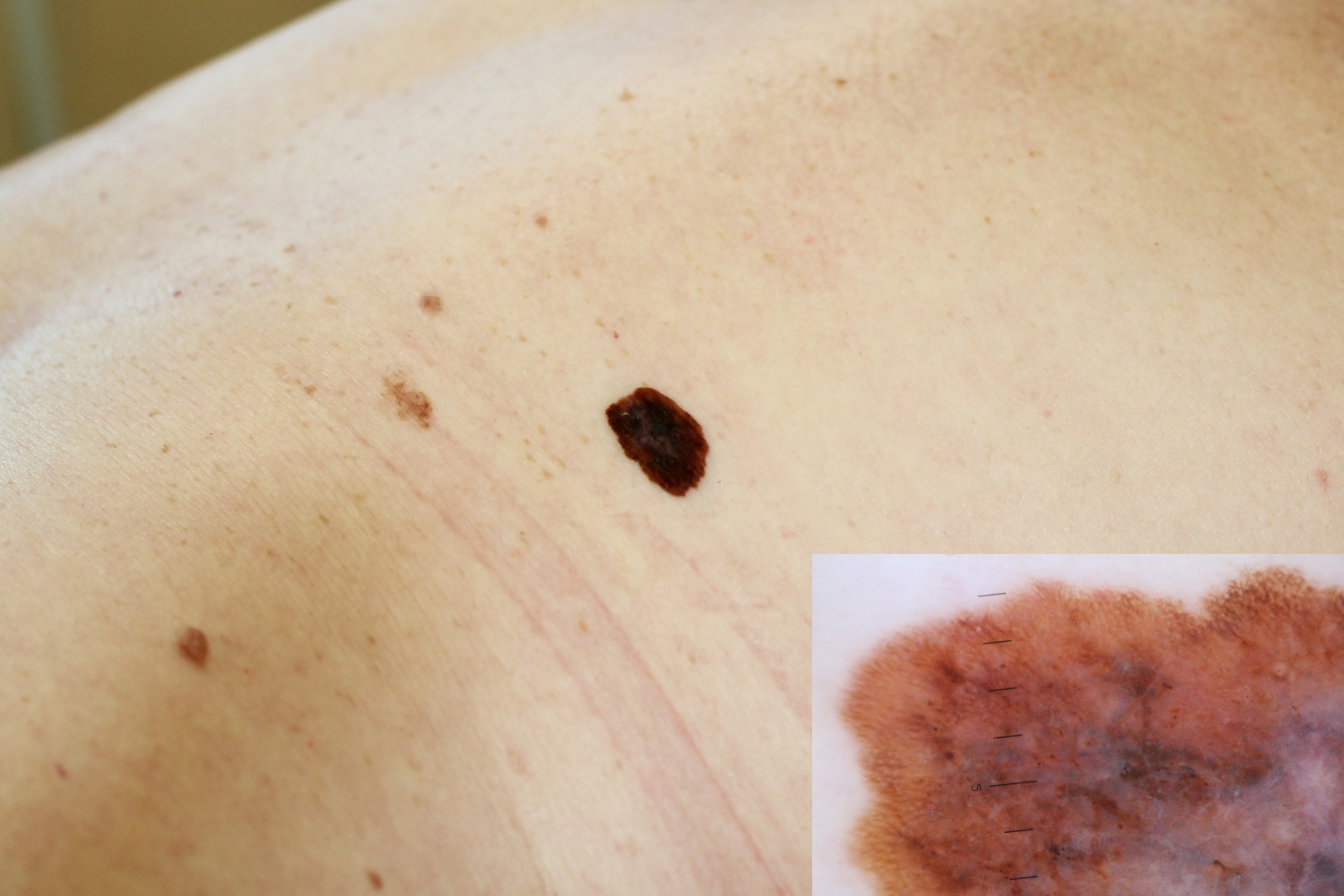Managing Rosacea: Triggers and Treatments

Rosacea is a chronic skin condition that affects millions of people worldwide. Characterized by redness, flushing, visible blood vessels, and sometimes acne-like bumps, rosacea can be a source of frustration and embarrassment for those who suffer from it. At Fall Creek Skin and Health Clinic, we understand the impact rosacea can have on your life and are here to provide you with information on managing this condition effectively.
Understanding Rosacea:
While the exact cause of rosacea is not fully understood, it is believed to involve a combination of genetic, environmental, and lifestyle factors. Common triggers for rosacea flare-ups include:
1. Food and Drink
Spicy foods, hot beverages, alcohol, and certain food additives can exacerbate rosacea symptoms.
2. Weather
Extreme temperatures, sunlight, wind, and humidity can trigger redness and flushing.
3. Stress
Emotional stress and anxiety can lead to rosacea flare-ups.
4. Skincare Products
Harsh chemicals, fragrances, and certain ingredients in skincare products can irritate the skin and worsen rosacea symptoms.
5. Medications
Some medications, especially those that dilate blood vessels, can contribute to rosacea flare-ups.
Managing Rosacea Triggers:
At Fall Creek Skin and Health Clinic, our dermatologists and healthcare professionals can help you identify and avoid triggers that worsen your rosacea symptoms. By making small lifestyle changes and adopting a gentle skincare routine, you can effectively manage your condition. Here are some tips for managing rosacea triggers:
1. Keep a Trigger Diary
Record your daily activities, diet, and skincare routine to identify patterns that may aggravate your rosacea.
2. Protect Your Skin
Use a gentle cleanser, moisturizer, and sunscreen with at least SPF 30 to protect your skin from environmental triggers.
3. Avoid Harsh Products
Choose skincare products that are fragrance-free, hypoallergenic, and non-comedogenic to minimize skin irritation.
4. Manage Stress
Practice relaxation techniques such as deep breathing, meditation, or yoga to reduce stress and prevent flare-ups.
5. Consult with a Dermatologist
Our team at Fall Creek Skin and Health Clinic can provide personalized recommendations for managing your rosacea based on your unique triggers and symptoms.
Treatment Options for Rosacea:
While there is no cure for rosacea, there are various treatment options available to help control symptoms and improve the appearance of your skin. Our dermatologists may recommend the following treatments:
1. Topical Medications
Prescription creams and gels containing metronidazole, azelaic acid, or sulfur can reduce redness and inflammation.
2. Oral Medications
In some cases, oral antibiotics or anti-inflammatory drugs may be prescribed to control rosacea symptoms.
3. Laser Therapy
Intense Pulsed Light (IPL) or other laser treatments can target visible blood vessels and reduce redness associated with rosacea.
4. Skincare Regimen
Our skincare experts can recommend a customized regimen tailored to your skin type and condition to help manage rosacea symptoms.
5. Lifestyle Changes
Adopting a healthy diet, staying hydrated, and minimizing exposure to known triggers can help improve your overall skin health and reduce rosacea flare-ups.
At Fall Creek Skin and Health Clinic, we are committed to helping you manage your rosacea effectively and regain confidence in your skin. Contact us to schedule a consultation with one of our experienced dermatologists and take the first step towards healthier, happier skin.
Remember, with the right knowledge, support, and treatment plan, you can successfully navigate the challenges of living with rosacea. Let us help you on your journey to clearer, calmer skin.




